As Hollywood faces its greatest challenge to date—an audience drawn to streaming and empowered by ever-advancing technology—the cinematic landscape is undergoing a transformation unlike anything in its history. Artificial Intelligence (AI), democratized production tools, and ethical concerns over the nature of creativity are reshaping the industry from every angle, from the technology of filmmaking to the theaters themselves. We try to examine how these forces could redefine the future of Hollywood and what it might mean for filmmakers, audiences, and traditional roles within the industry. But we just try… so bear with us.
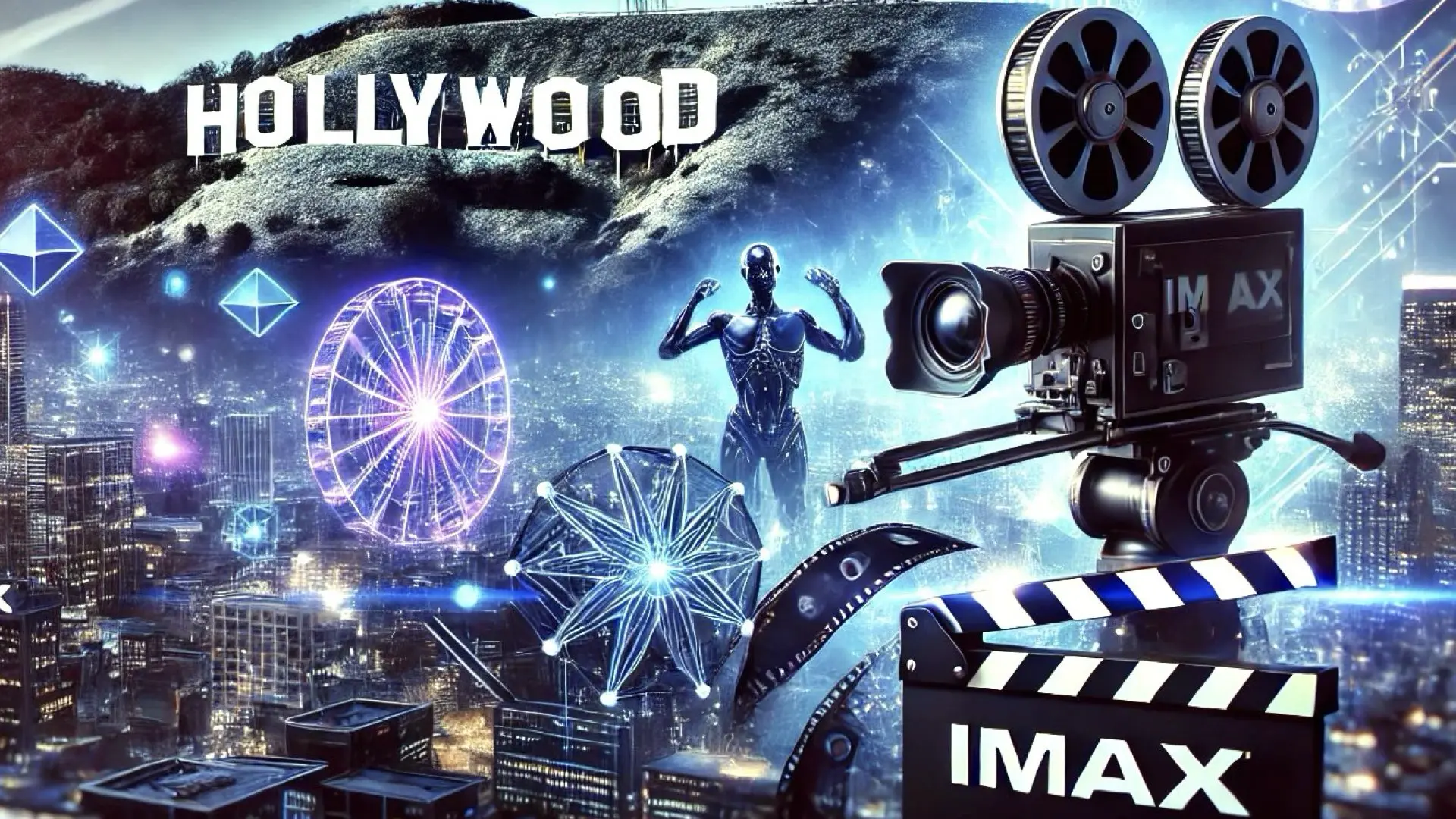
The decline of traditional Hollywood and the rise of streaming
Changing consumption patterns
The last decade has seen a surge in streaming platforms, which have fundamentally altered audience habits and diminished theater attendance. Consumers now expect on-demand access to high-quality content in their homes, and Hollywood has had to respond. Major studios have pivoted to prioritize digital releases and hybrid distribution models. For filmmakers choosing editing software to keep up with this new digital world, it’s essential to select tools that optimize for online distribution. Our comparison of top editors—Premiere Pro, DaVinci Resolve, and Final Cut Pro—highlights how crucial accessibility and speed have become for creators.
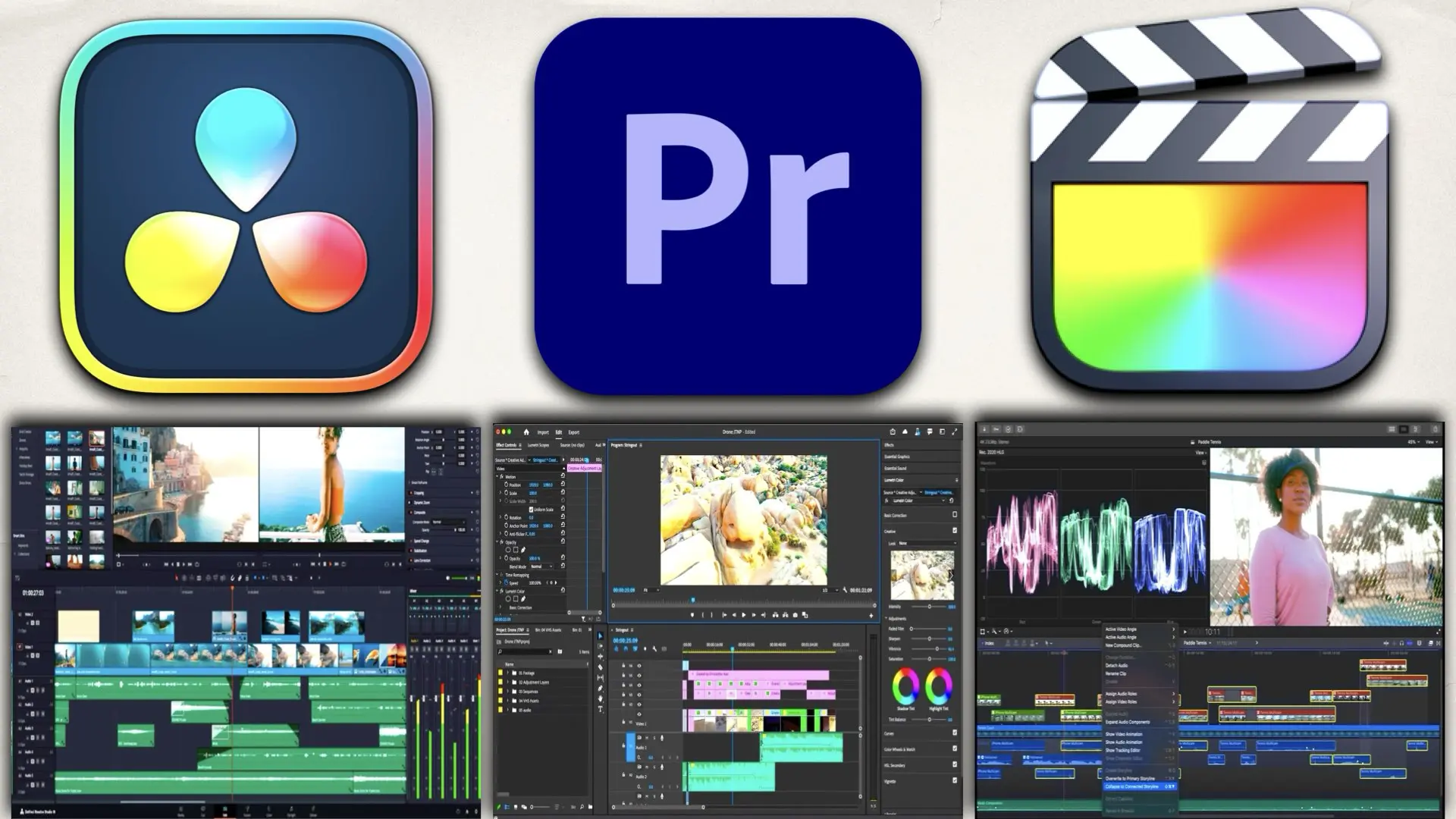
The ‘Franchise Effect’
Hollywood’s reliance on franchise content has grown as streaming services look for guaranteed engagement. However, streaming platforms are also prioritizing creative freedom, allowing directors to explore unique genres and styles that might not have been “blockbuster-worthy” for theaters. Traditional studios, meanwhile, continue to produce cinematic franchises, struggling to sustain their high-budget, in-theater exclusives.
Audience demand for quality and convenience
To stay competitive, some theaters are leaning on premium, high-quality cinematic experiences. IMAX, for example, is experimenting with AI image-enhancement technology to push the boundaries of quality and scale, something its CEO recently discussed (IMAX CEO Talks About AI). For those willing to visit the theater, IMAX provides a unique experience that streaming simply cannot replicate—yet.
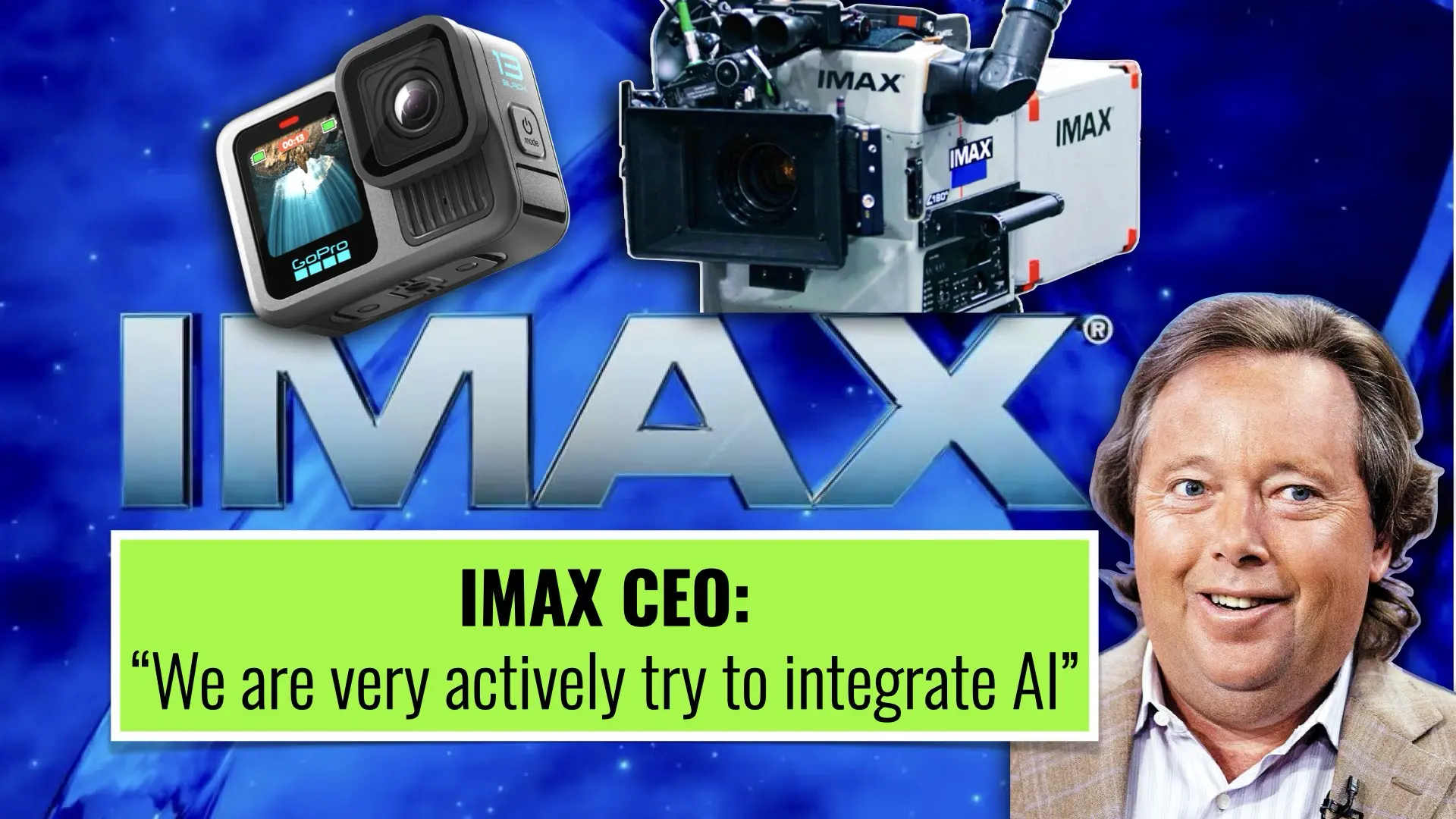
AI as a creative tool in filmmaking
AI in visual and sound effects
AI is quickly taking over highly technical roles in the production pipeline, from generating realistic visual effects to creating soundscapes. The new AI-powered SFX platform ElevenLabs exemplifies this trend by automating complex sound design work, which can drastically reduce production costs (and the job of professional sound designers).
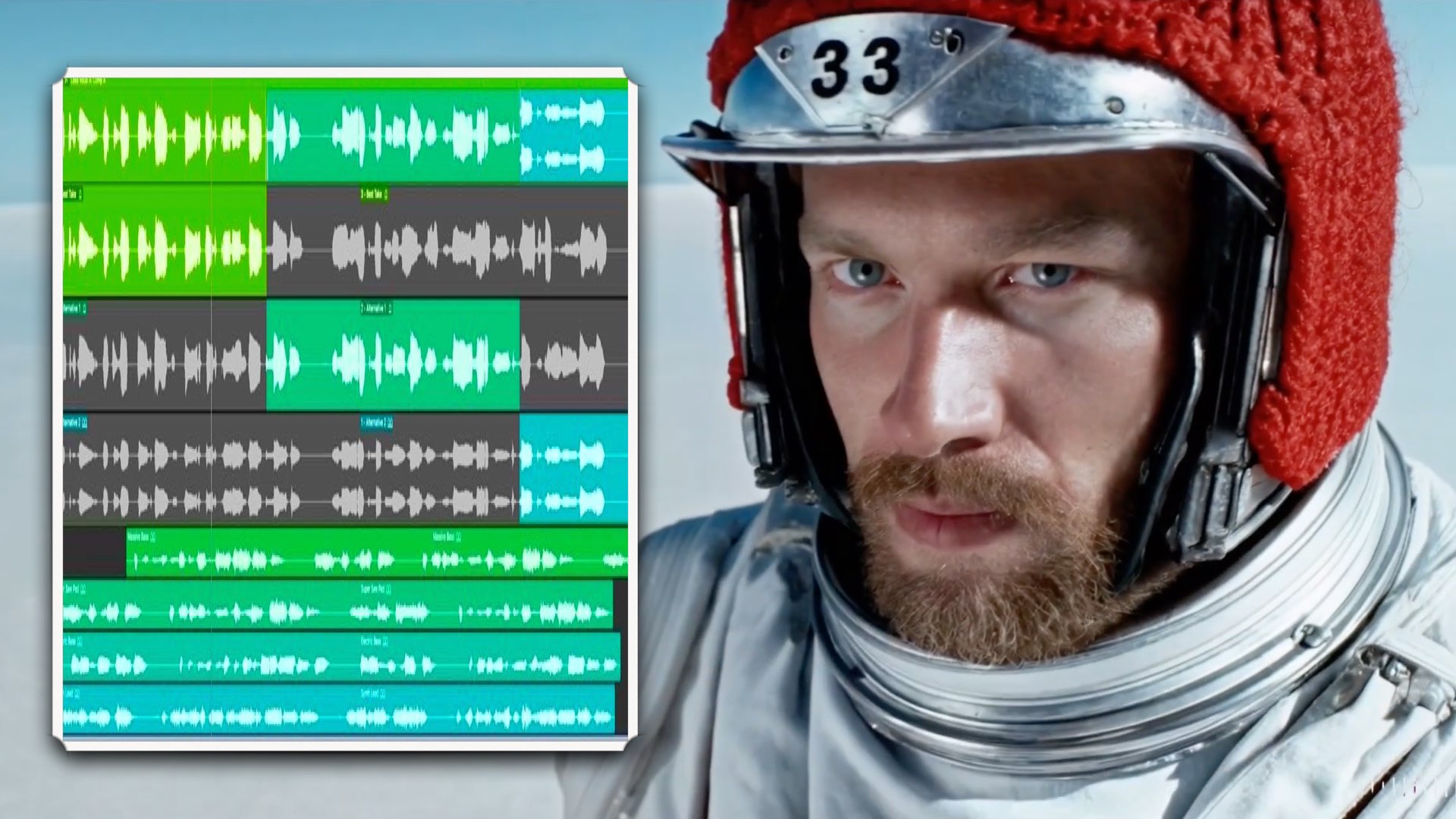
AI in storytelling
AI isn’t just helping with visuals and sound; it’s also beginning to play a role in storytelling. Director Joe Russo recently shared that AI has the potential to “engineer storytelling,” allowing filmmakers to rapidly iterate narrative ideas or even create entire stories from prompts. Such developments are both exciting and unnerving, as AI shifts from being a creative tool to a creative partner.
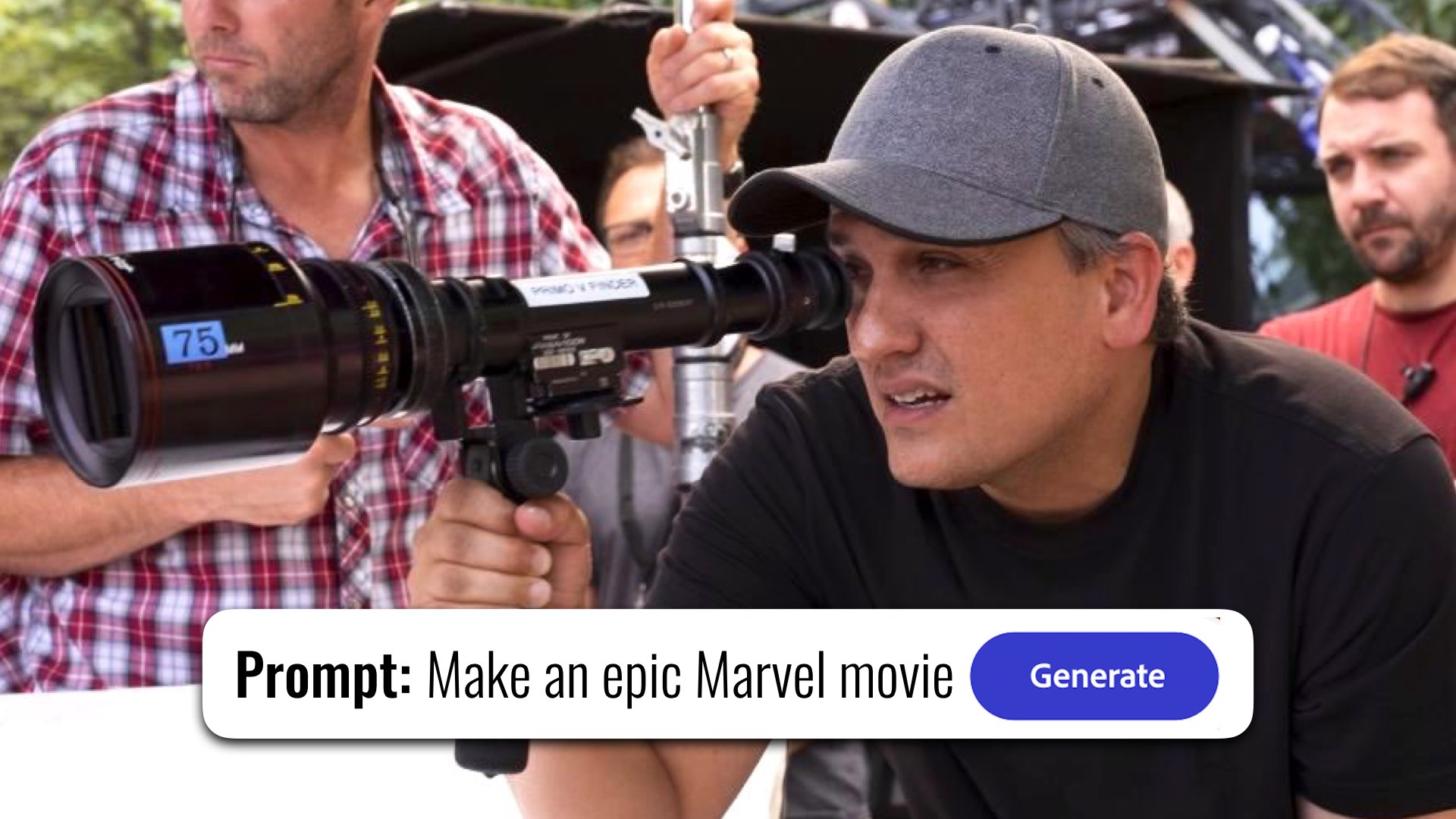
AI Ethics in Filmmaking
The integration of AI also raises ethical concerns, and companies like Adobe have responded with a commitment to AI ethics, underlining the need for responsible development. These guidelines aim to prevent AI misuse while still allowing innovation, an approach that other tech giants are increasingly emulating.
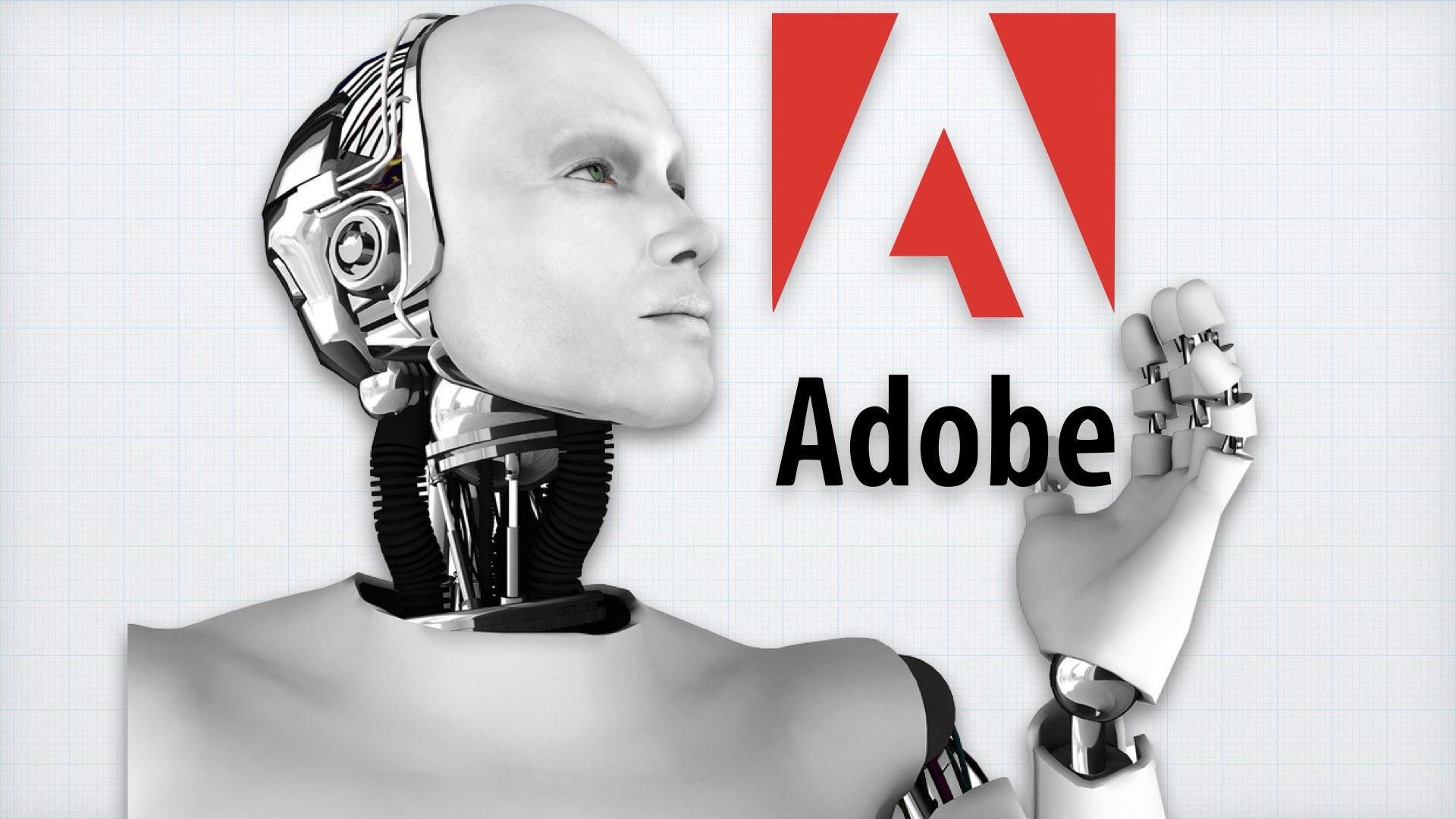
The democratization of filmmaking tools
Accessible, high-quality gear
As high-quality equipment becomes more accessible, even small creators can now compete with big-budget productions. Sony has incorporated AI-based autofocus into the Alpha 7R V, allowing filmmakers at any budget level to access top-tier technology. This is just one small example. This focus on accessibility enables more diverse voices in the filmmaking world, independent of big studio support.
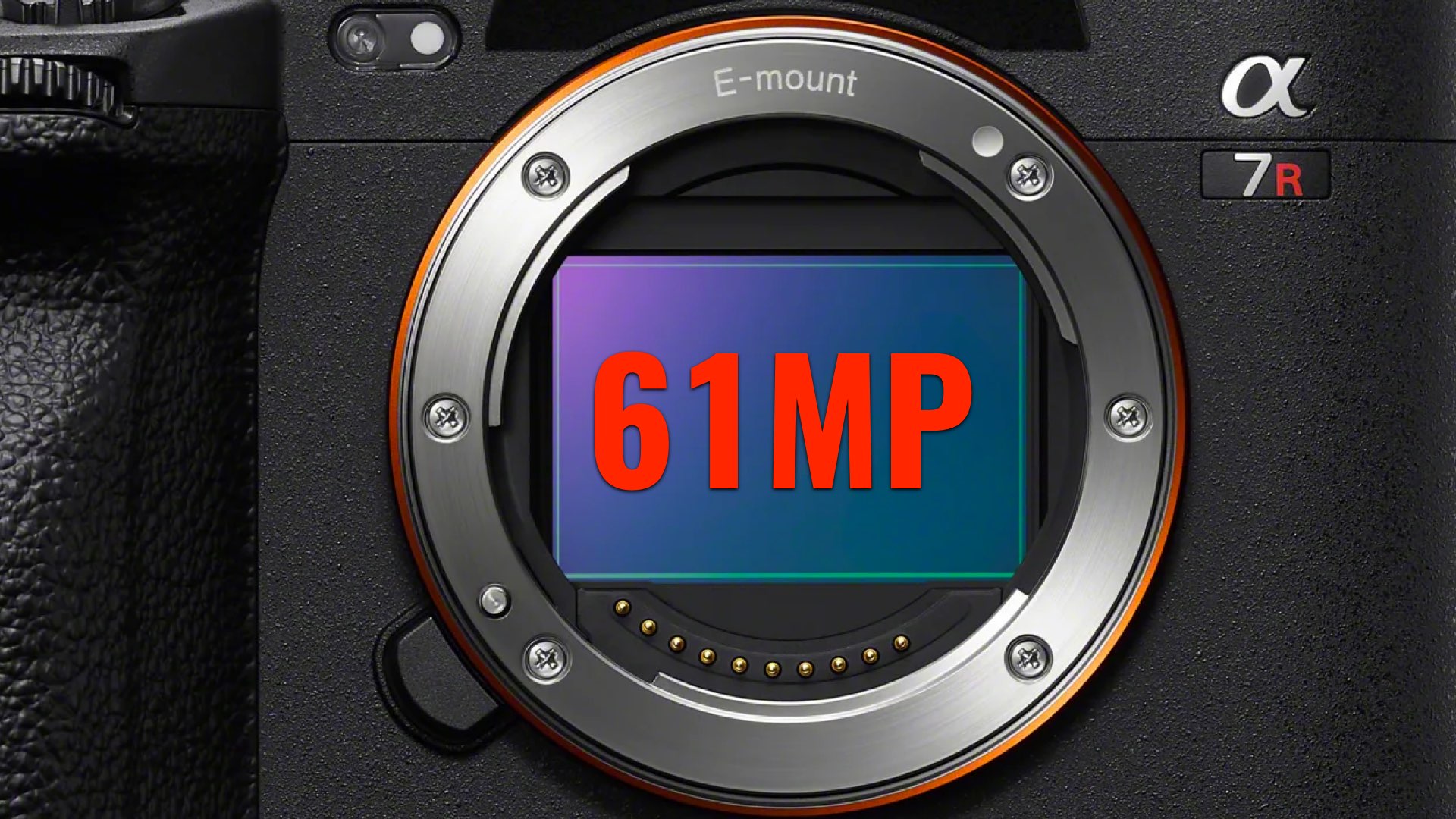
‘Mobile Filmmaking’ is rising
Additionally, mobile devices are fast becoming a credible tool for filmmakers. Tools like the one that lets you turn your iPhone into a RED Monstro show how rapidly smartphone technology is advancing, opening up new avenues for content creation.
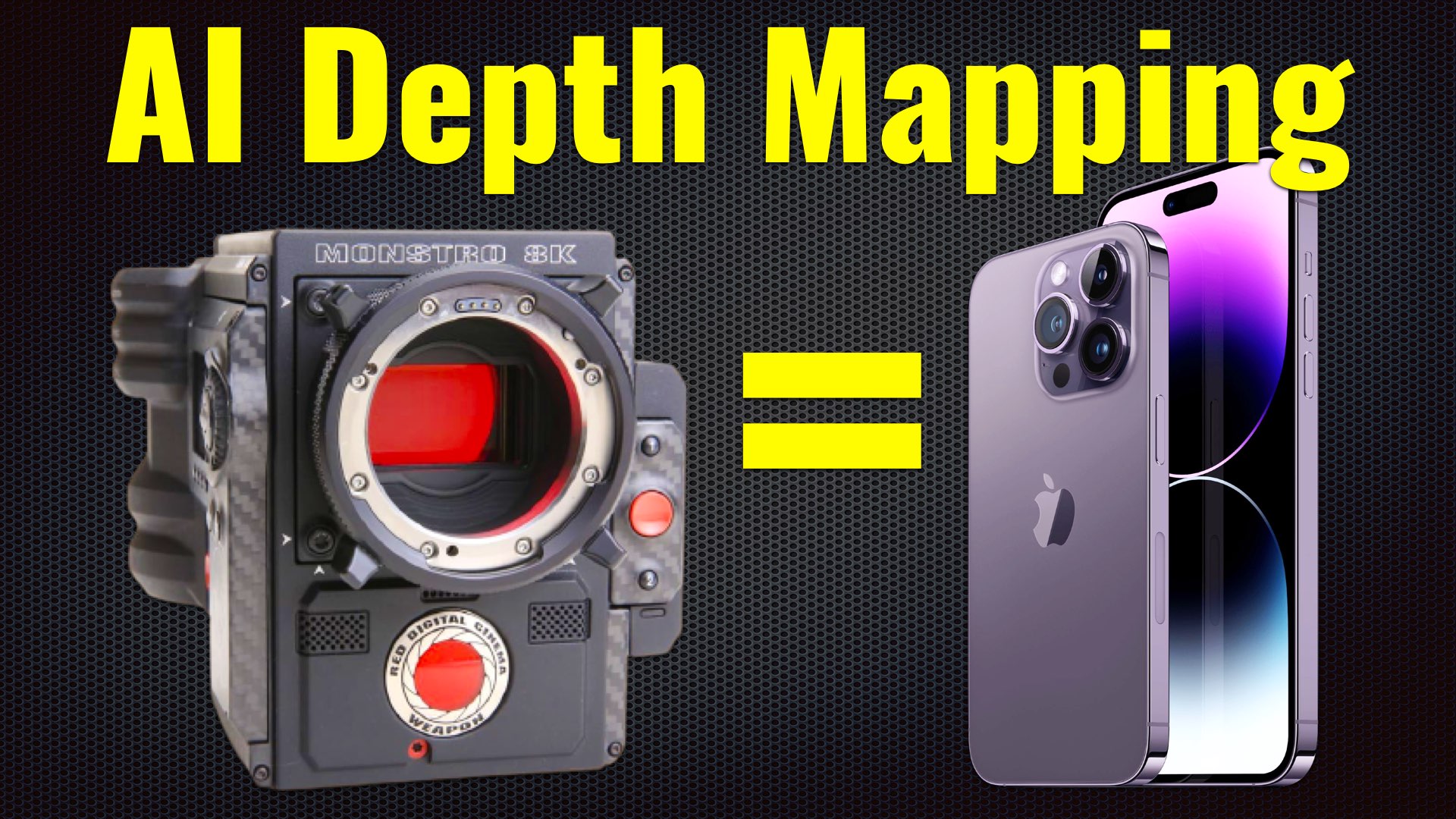
Platforms like Sora
Further, platforms like Sora have contributed to this accessibility, providing AI tools at an affordable cost that allows any filmmaker to utilize high-end visual effects and tools. Sora’s recent trial by filmmakers proved it can be a valuable resource, making it easier for creators to enter the industry without excessive financial barriers. BTW, have you asked yourself why it’s taking so long for OpenAI to release Sora to the public? We don’t have the answer to that.
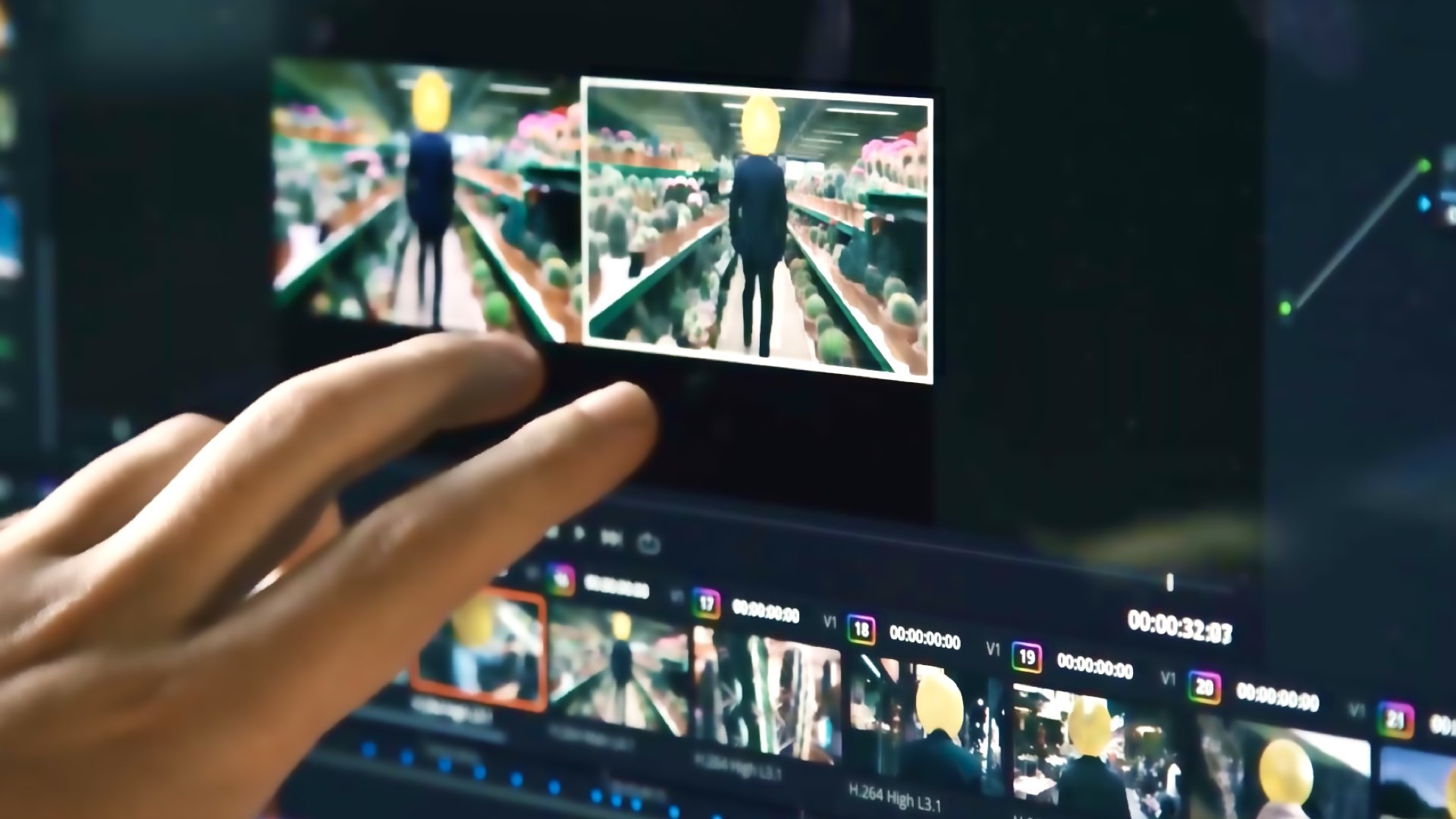
Industry adaptation: New roles and skills
New jobs and collaboration with AI
As AI becomes more embedded in production, new roles will emerge that blend technical knowledge with creative vision. Data scientists, AI programmers, and other technical professionals will work closely with filmmakers to design, manage, and refine AI tools for film production.
Shifting job market
Traditional editing roles are already being impacted by AI-driven non-linear editing (NLE) systems, which automate parts of the editing process, requiring editors to adapt and learn new skills.
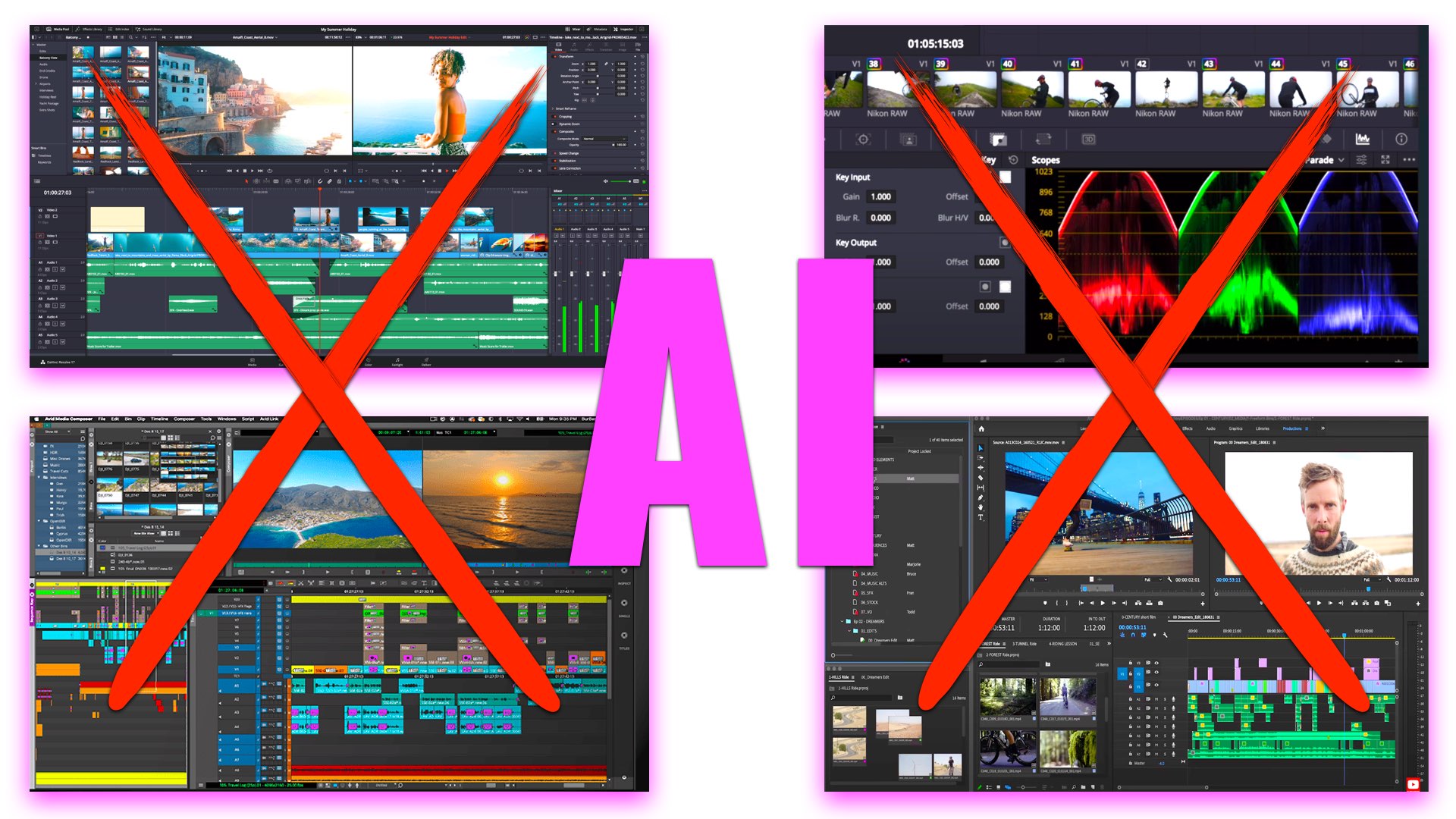
Collaboration between brands and creators
Recognizing these changes, brands like Canon, Sony, and Nikon are forming alliances to navigate the industry’s shifting landscape. This collaboration aims to address AI’s challenges while preserving creative control for artists and filmmakers.
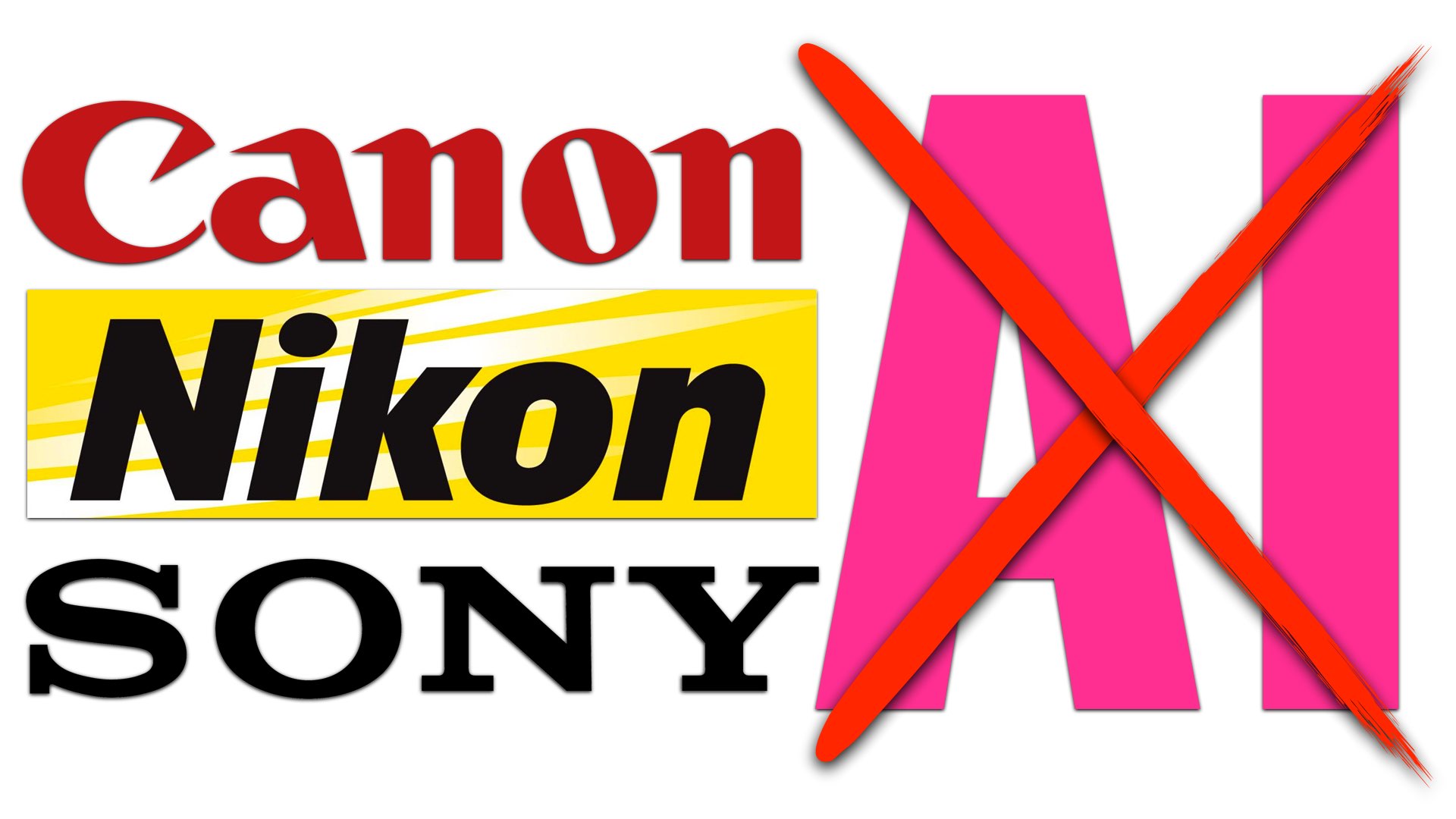
Ethical and legal issues in the AI era
Copyright and content ownership
The legal landscape around AI in filmmaking is still evolving. Companies like Midjourney face class-action lawsuits for using copyrighted materials in AI training data (Midjourney lawsuit), underscoring the tension between AI development and intellectual property rights.
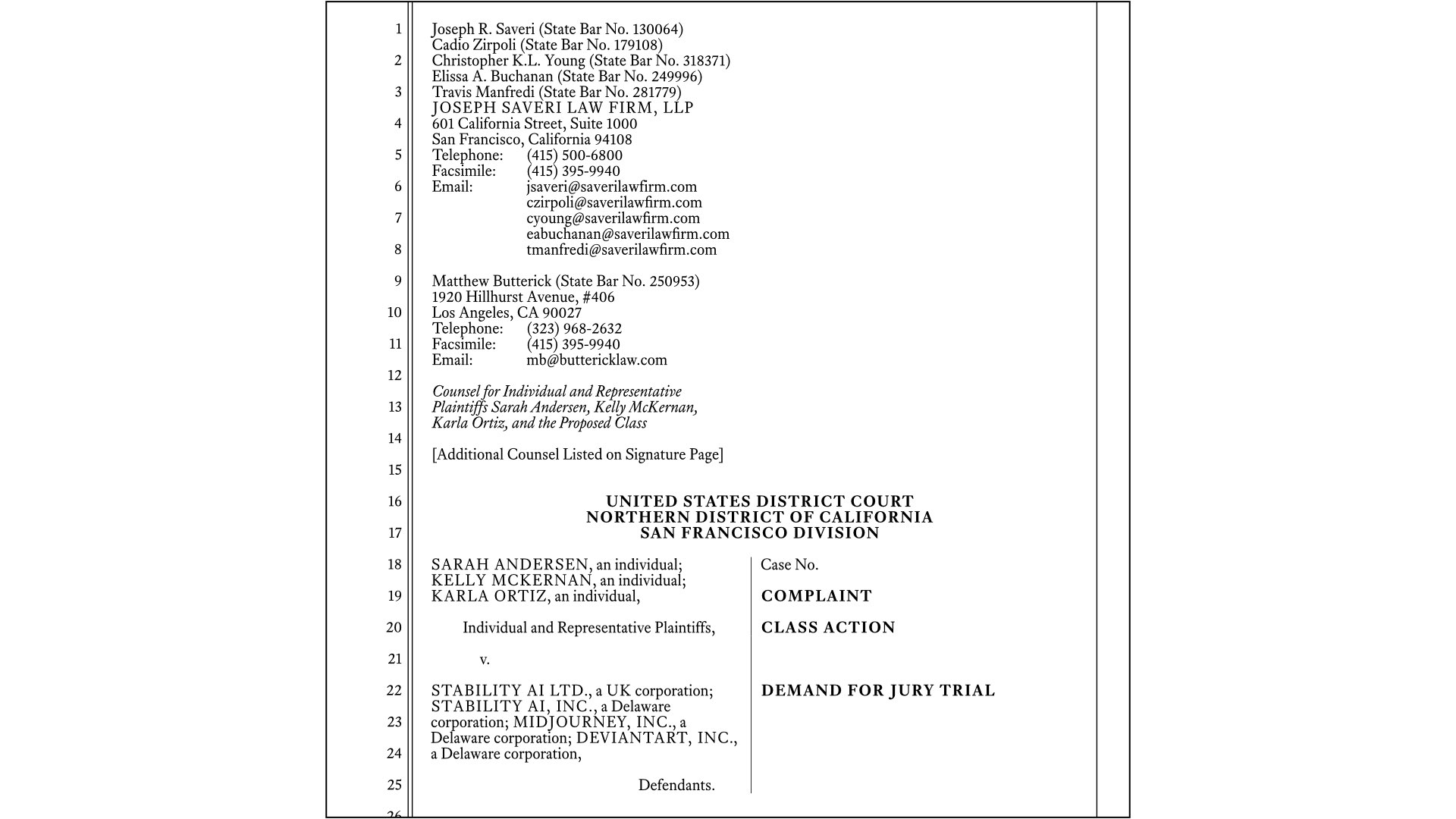

Ethics of using creator content for AI training
A related issue is the use of creator content for AI training without permission. Many content creators are alarmed at the prospect of their work being used to train AI models, as noted in YouTube creators’ concerns over AI training. This problem raises important questions about copyright and control in the AI-driven content landscape.
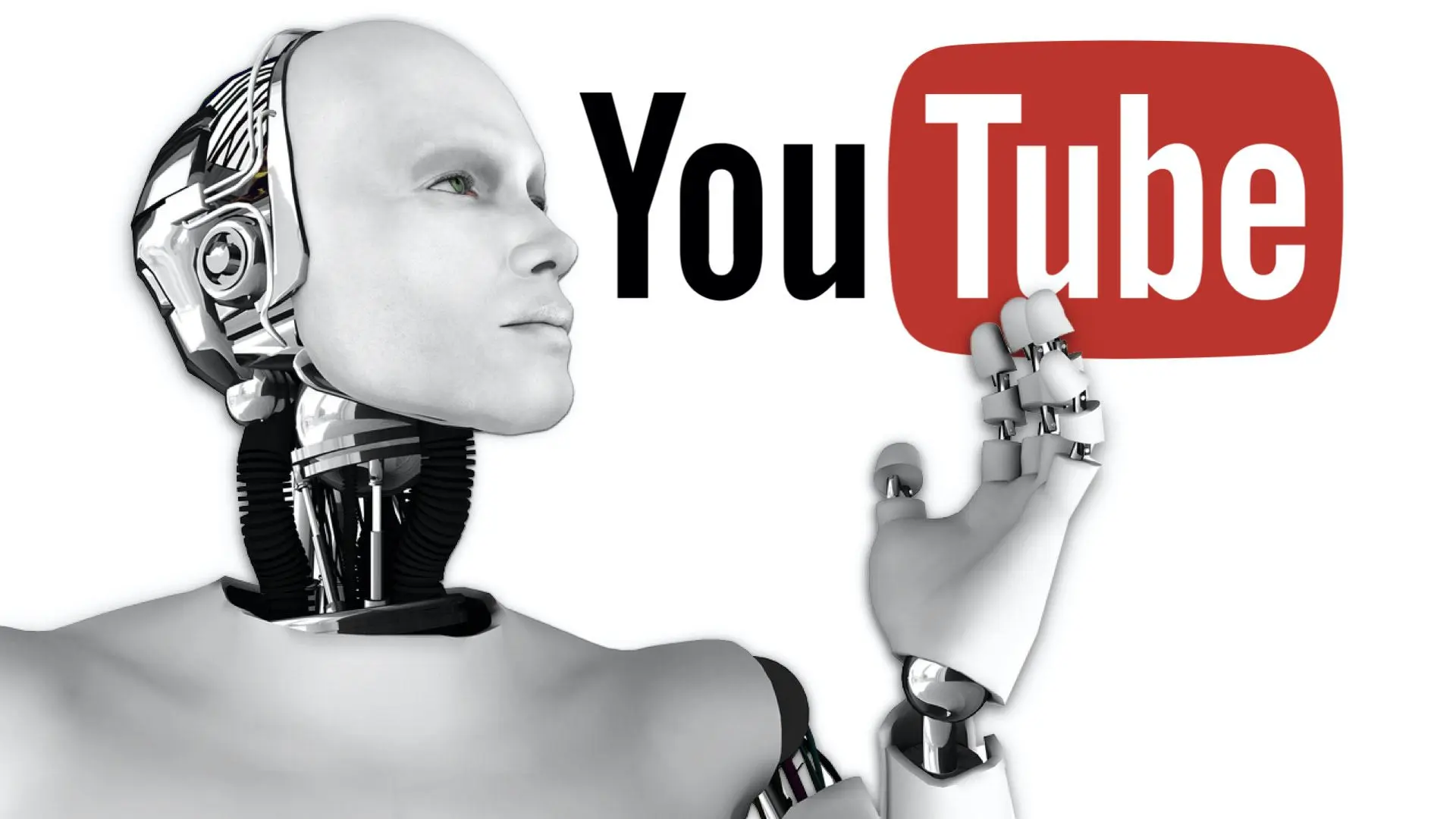
Future of theaters and big screen experiences
Will people still go to theaters?
The allure of theaters, especially IMAX, lies in offering something home setups cannot: an immersive, larger-than-life experience. Although theater attendance has declined, IMAX continues to innovate, betting that the ultimate cinema experience will keep audiences returning. The company has invested heavily in AI-enhanced technology, aiming to provide pristine picture quality even at massive scales. IMAX CEO describes AI as central to their strategy, using it to upscale and refine images, producing a level of clarity and depth that makes the theater experience unique. IMAX is also developing AI technology for adaptive soundscapes, adjusting sound dynamically to enhance immersion across different environments. Such AI integrations mean IMAX theaters can adapt and refine sound and visuals to ensure an optimal viewing experience in each theater. By pushing the boundaries of sight and sound, IMAX is pioneering a future in which AI-driven theaters become destinations for unmatched cinematic experiences, not merely venues for film. BTW, we ONLY watch big movies on the huge canvas (IMAX theater), thus YMCinema admires the IMAX format.
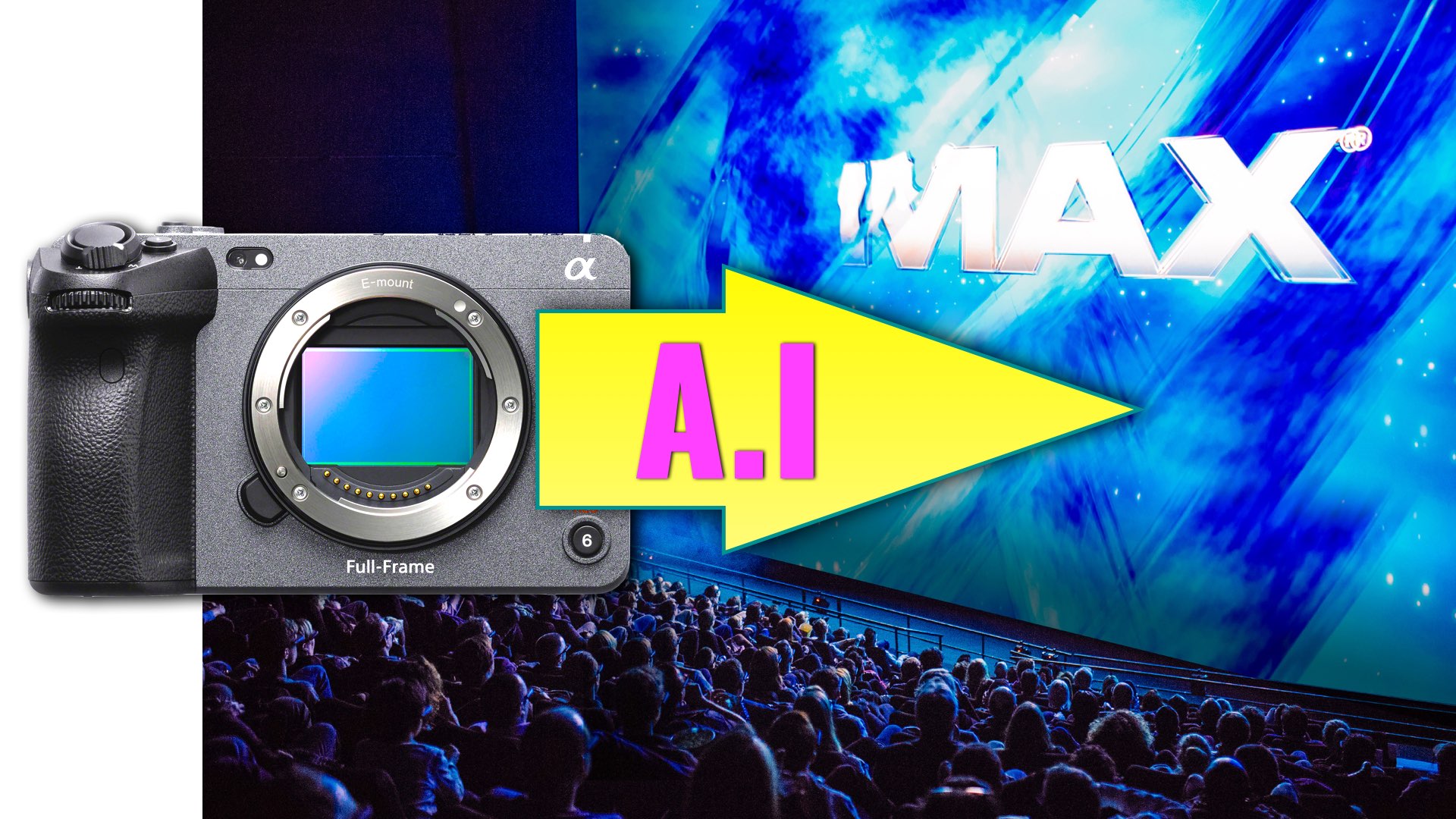
Hybrid models as the new standard
A hybrid distribution model may be the industry’s most sustainable future. Major films could see exclusive theatrical releases, followed by quick transitions to streaming, allowing for maximum revenue without alienating theater fans. A recent and solid example of this is Joker 2. However, James Cameron doesn’t agree on this.

The rise of the AI filmmaker
What defines an “AI Filmmaker”?
The rise of AI in filmmaking means new titles and definitions are emerging, including that of the “AI filmmaker.” These creatives, while human, rely heavily on AI-driven tools to support or even drive parts of their workflow. Today, AI assists with pre-production, script generation, visual effects, sound design, and even editing, blurring the lines between machine assistance and genuine creative partnership. Some industry figures, such as James Cameron, warn of an “arms race” in AI technology, as studios and creators compete to harness its potential, raising concerns that creativity may be sacrificed for efficiency. For AI filmmakers, the technology’s value lies in rapid iteration and adaptability, producing realistic visualizations or rendering entire scenes in a fraction of the traditional time. Platforms like Sora make such capabilities accessible to more than just Hollywood studios, placing them in the hands of independent filmmakers and smaller studios. This democratization of AI allows more voices in the industry, but it also means adapting to an ever-evolving set of tools that can reshape the creative process.

Ethical and artistic implications
The role of AI in storytelling, however, raises important questions. If AI is directing shots, generating music, and editing scenes, is the finished product still the filmmaker’s vision? Many believe AI should enhance, not replace, human creativity. As explained, ethical guidelines, such as Adobe’s commitment to AI ethics, aim to ensure AI use remains aligned with artistic integrity and respect for creator input. The balance will be delicate, and as AI filmmakers rise, the industry must decide what it means for a machine to be a creative collaborator rather than just a tool. A note about that: We think that Adobe wrote these guidelines driven by user’s fear and to mitigate against legislation issues, rather than truly meaning it. But these are our two cents only.
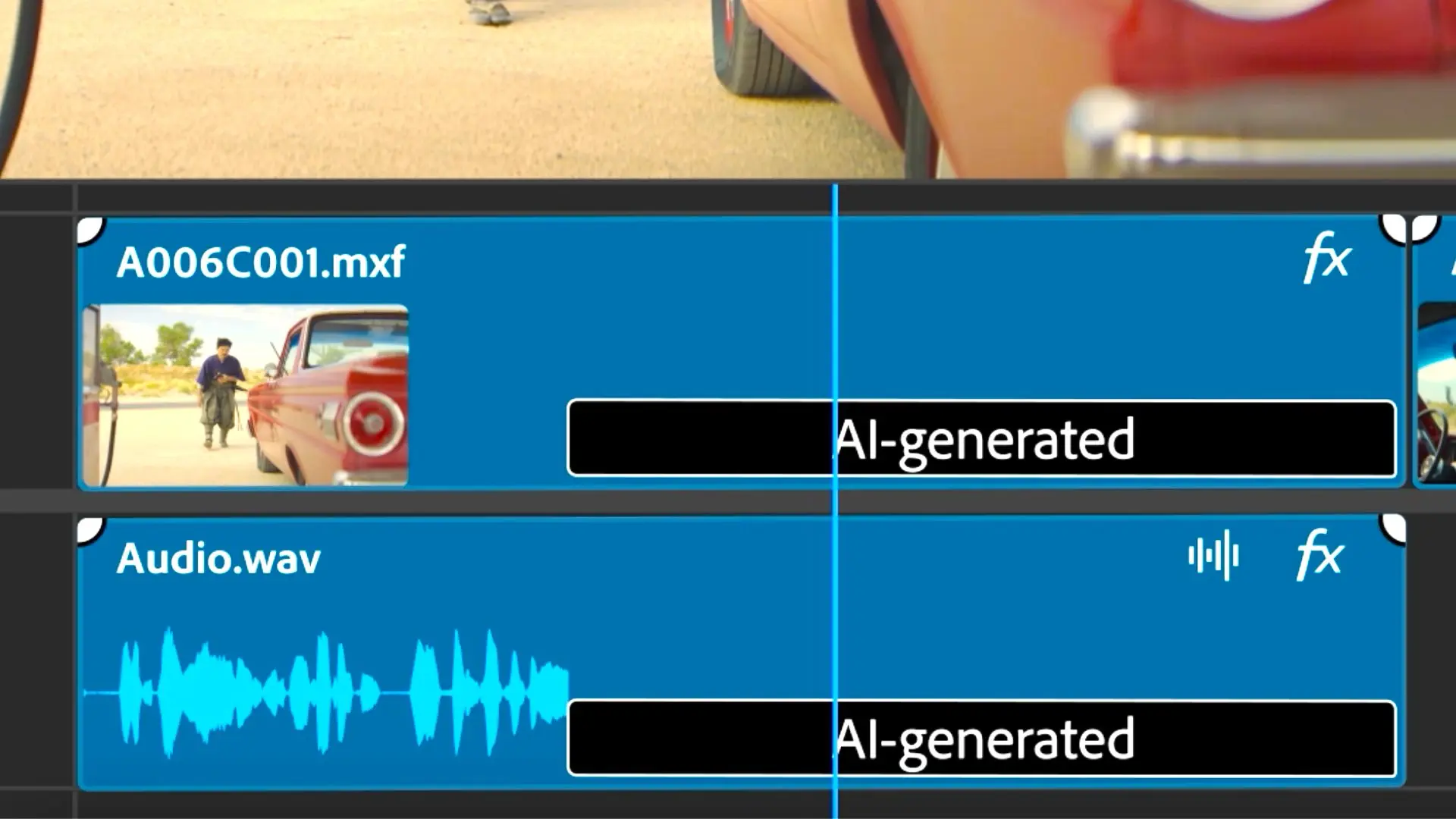
Final thoughts: The new Hollywood landscape
Hollywood is at a pivotal moment, standing between traditional cinematic values and a tech-driven future. As AI and digital tools become central to filmmaking, the line between human creativity and machine processing is blurring. The industry’s future likely holds a hybrid of digital and physical experiences, new roles in AI-driven production, and a push for ethical AI that respects creators’ rights. Whether in theaters, homes, or on mobile screens, let’s hope that Hollywood’s evolution will continue to redefine storytelling, paving the way for an industry that’s simultaneously global, accessible, and creatively diverse. We wish that the magic of filmmaking is here to stay for a long time.

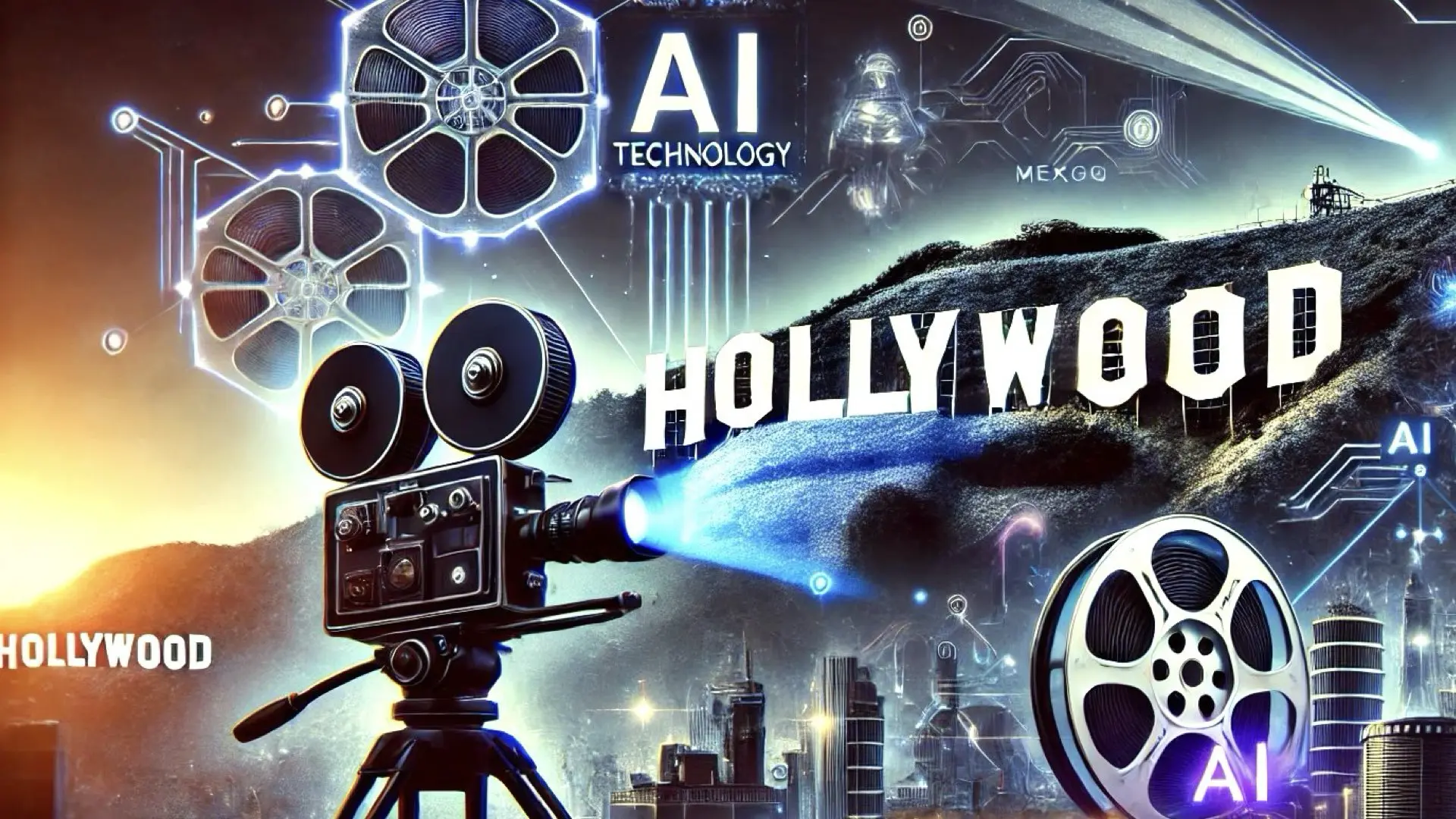
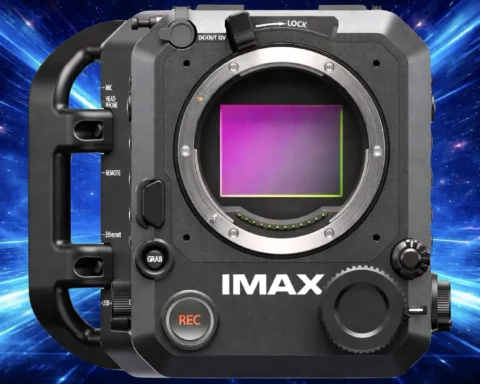

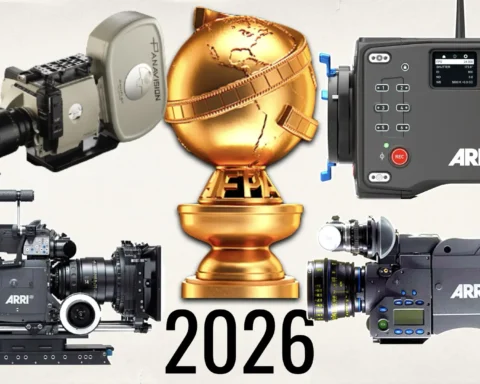


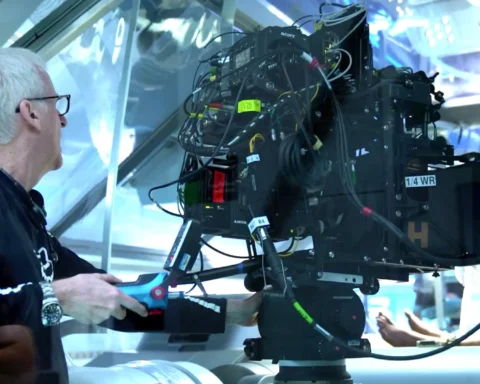

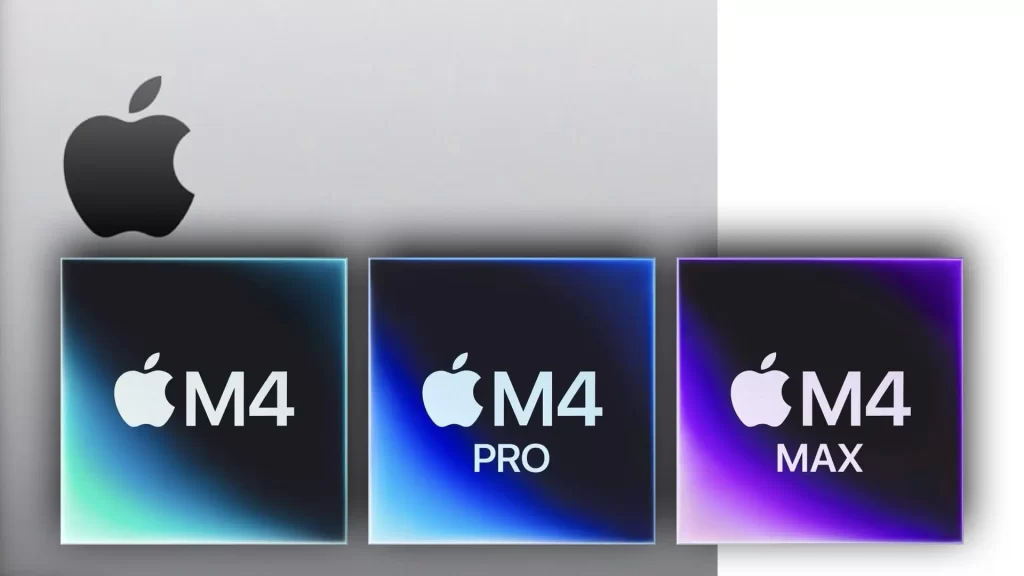
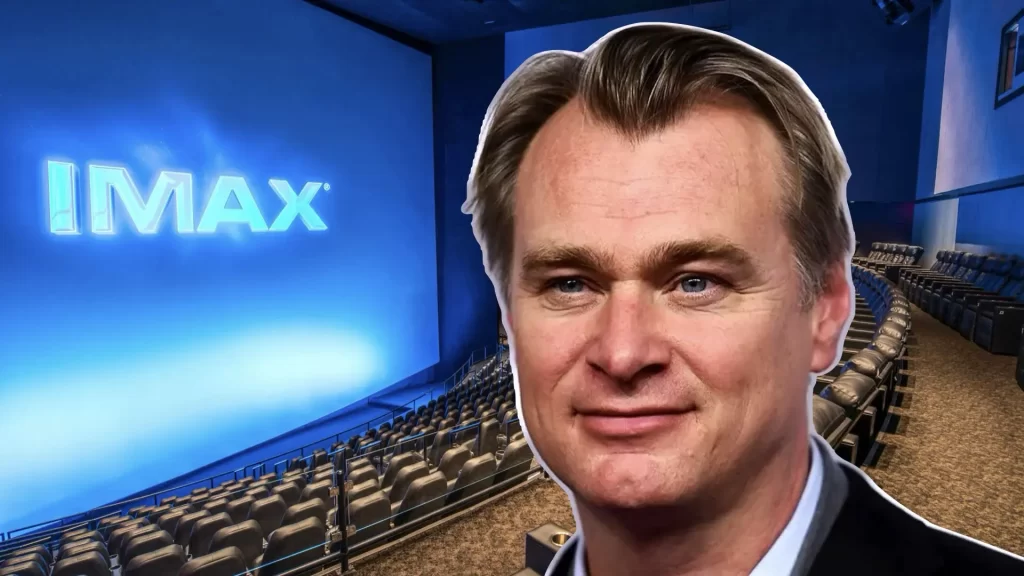
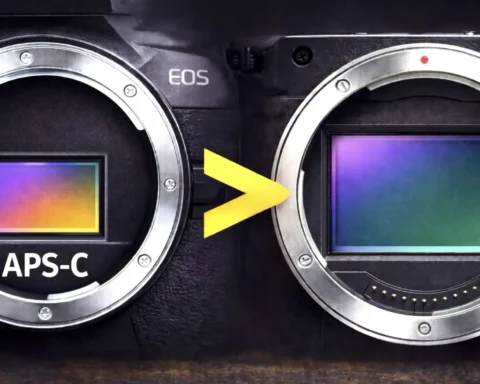
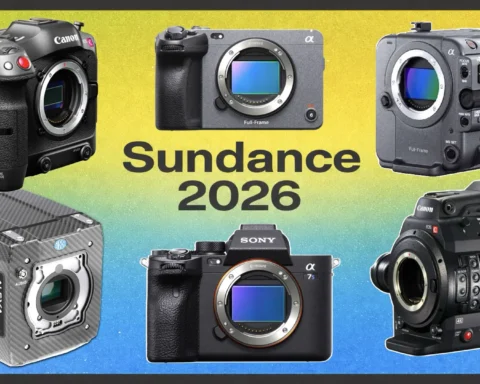
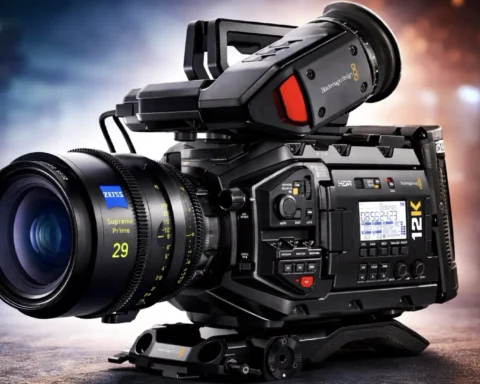




Does any of this even matter? The majority of films are mid at best. Streaming has decreased the value of cinema and theatrical is still king. For decades technology has promised to bring in a new era of filmmakers, but, there are fewer auteur’s than ever in the USA. Audiences are bored, mostly. Hollywood needs a competitive industry to take its market share and revive the movie going experience. Hollywood has been and is still condescending towards filmmakers. A culture rife with bigotry, arrogance, greed, propaganda and immorality. My hope is that Hollywood is erased and replaced by a new fearless industry run by filmmakers who actually care about cinema, people and the audience. Streaming is not the future, not when AI censorship will pollute the landscape. Streaming is also environmentally problematic and physical media has a smaller carbon footprint by several orders of magnitude. AI is a trap to conform ideas, consolidate creativity, steal intellectual property, erase a workforce and censor artists. I prefer my films to be crafted by human hands and designed by the human heart. Of course a talented filmmaker will be able to maximize AI, but it will be a deal with the devil.
Couldn’t agree more Miike